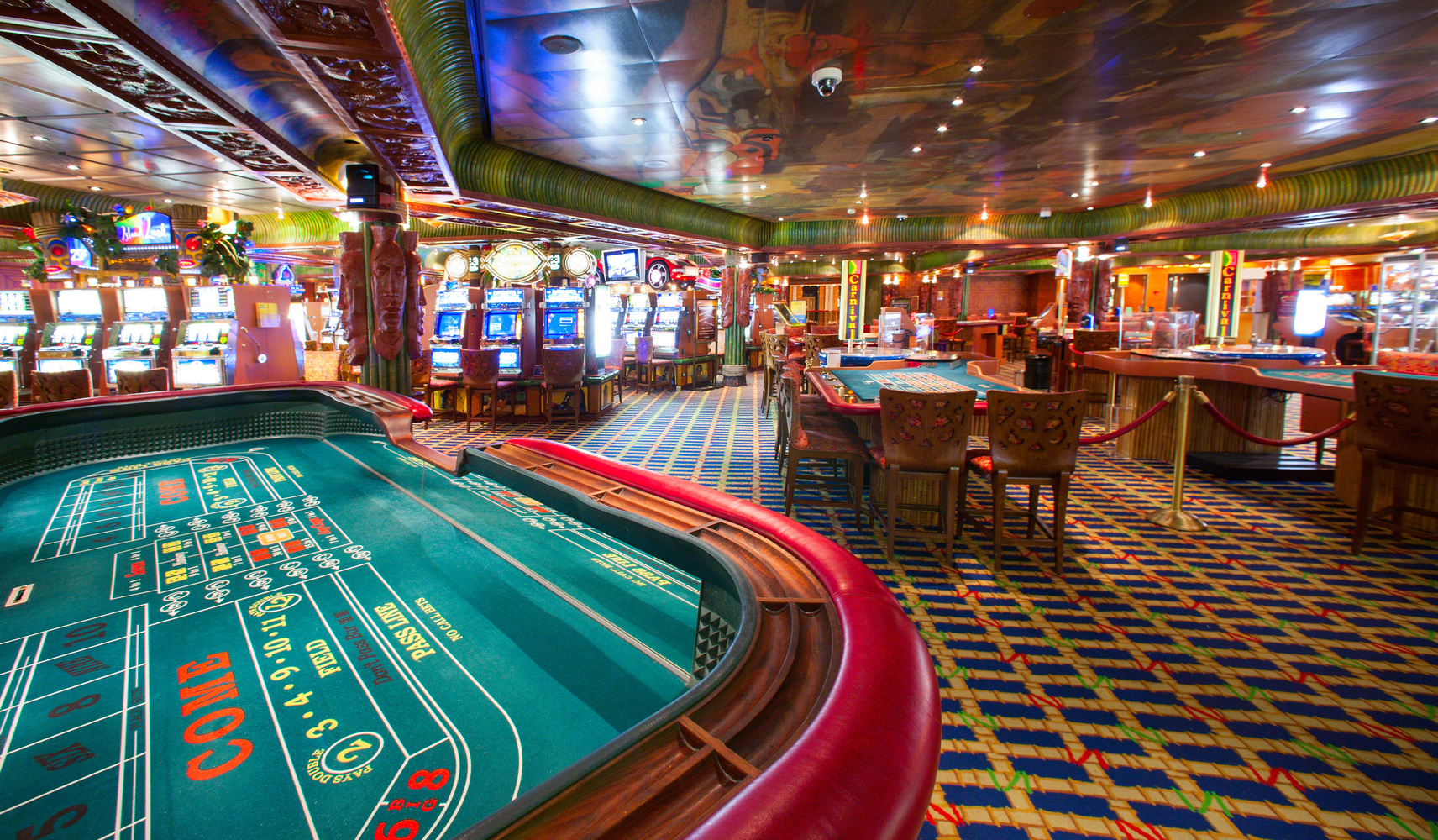
In the universe of wagering, understanding the nuances of various gambling activities is essential for anyone looking to improve their gaming experience level. Whether it’s the twist of a roulette wheel, the shuffle of gambling cards, or the clinking of slots reels, each activity has its unique appeal and tactics. But, one critical element that commonly goes ignored by occasional gamblers is the house edge. This figure plays a important role in shaping how games are designed and the long-term gains for gambling houses.
The house edge represents the mathematical benefit that the establishment holds over the players. This automatic edge ensures that while players may experience wins, the casino ultimately gains more over time. By grasping how the house advantage works in multiple gambling activities, players can make informed choices, set realistic expectations, and potentially even formulate enhanced tactics for their playing. Understanding this critical factor is crucial for anyone who wishes to enjoy the thrill of gambling games while minimizing potential deficits.
What’s the House Edge?
The house edge is a key concept that all gambler should understand when participating in casino games. It refers to the mathematical advantage that the casino has over players. This advantage is integrated into the guidelines of the game and guarantees that, over time, the house will make a profit. The house edge is typically expressed as a fraction, indicating the mean amount the house expects to gain from each wager made by players.
Different casino games have varying house edges, which can greatly affect a gambler’s experience and betting strategy. For example, games like blackjack can have a minimal house edge when played with optimal strategy, while games such as slot machines or keno often feature a higher house edge. Understanding these variances can assist players in making knowledgeable decisions about which games to play and how to manage their bankroll effectively.
Gamblers often erroneously believe that chance alone determines the outcome of gaming activities; but, the house edge is a constant factor that shapes the overall odds. This implies that, while gamblers can achieve temporary wins, the long-term outlook is that the house will ultimately prevail due to the house edge. By comprehending this concept, players can enter casino games with a better understanding of their possible risks and benefits.
The way The House Advantage Affects Game Results
House edge is a critical idea that affects the outcomes of casino games. It represents the mathematical advantage which the casino has over players, ensuring over time the casino will retain a percentage of all bets placed. This edge varies from various games and affects how much players can anticipate to win or suffer in the long run. Understanding the house edge aids players formulate informed choices about the best games to participate in and how to manage their betting strategies.
Various casino activities show varying levels of house edge, and this can significantly impact player experience and overall satisfaction. For example, activities like 21 and specific poker types can have a lower house edge in contrast with slots, in which the edge is generally greater. Gamblers who enjoy skill-based activities might discover that their decisions can reduce the house edge, allowing for better chances of winning. In contrast, activities of total chance offer little chance for skill to influence the result, making the house edge a greater dominating factor.
In conclusion, awareness of the house edge allows players to control their anticipations and financial limits wisely while participating in gaming. Realizing that it is integrated into the framework of the game allows for more responsible gaming. An understanding of how the house edge functions not only informs players about their chances of winning and additionally motivates them to reflect on their emotional and financial limits, making for a more enjoyable casino experience.
Methods to Mitigate House Edge
One effective strategy to reduce the house edge in casino games is to get acquainted with the rules and best strategies of every game. Understanding is essential in gambling. For example, in games like blackjack, understanding when to hit or stand can greatly reduce the house edge. Participating in games with a lower house advantage, such as baccarat or certain variations of poker, can also enhance your chances of winning.
Another crucial approach is overseeing your bankroll wisely. Set a budget for your gaming session and follow it. This helps ensure that you do not follow losses and can enjoy your experience without financial stress. Moreover, consider using betting systems that can help increase your gains and limit losses. However, it’s crucial to remember that no betting system can ensure success, as outcomes in casino games are ultimately based on chance.
Lastly, take advantage of promotions and loyalty programs offered by casinos. These offers can provide you with extra plays, bonuses, or cashback, indirectly lowering the effective house edge. Staying aware of these offers and intelligently using them can enhance your gaming experience and provide a safeguard against the inherent risks involved in casino gaming. non GamStop casino
